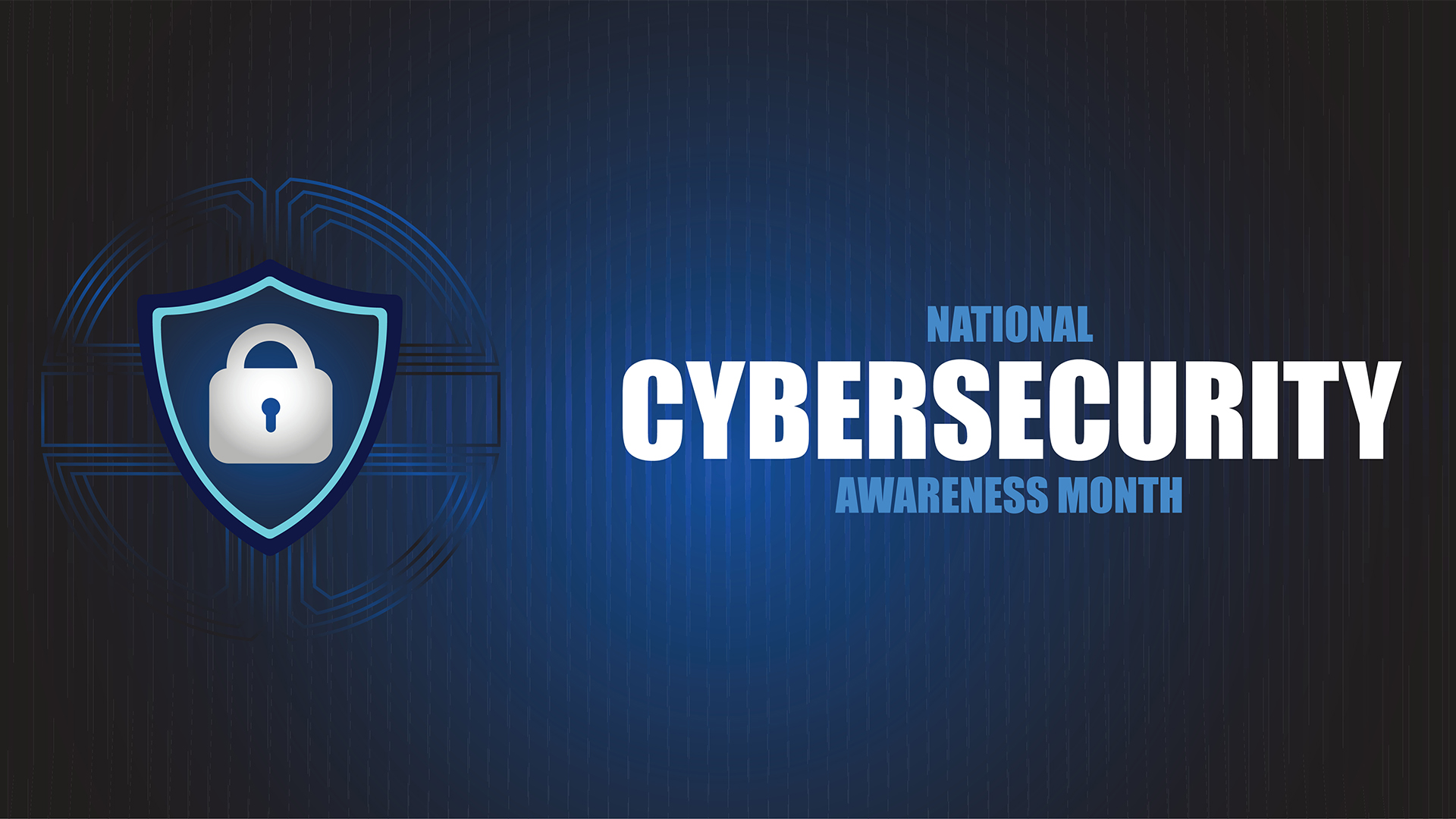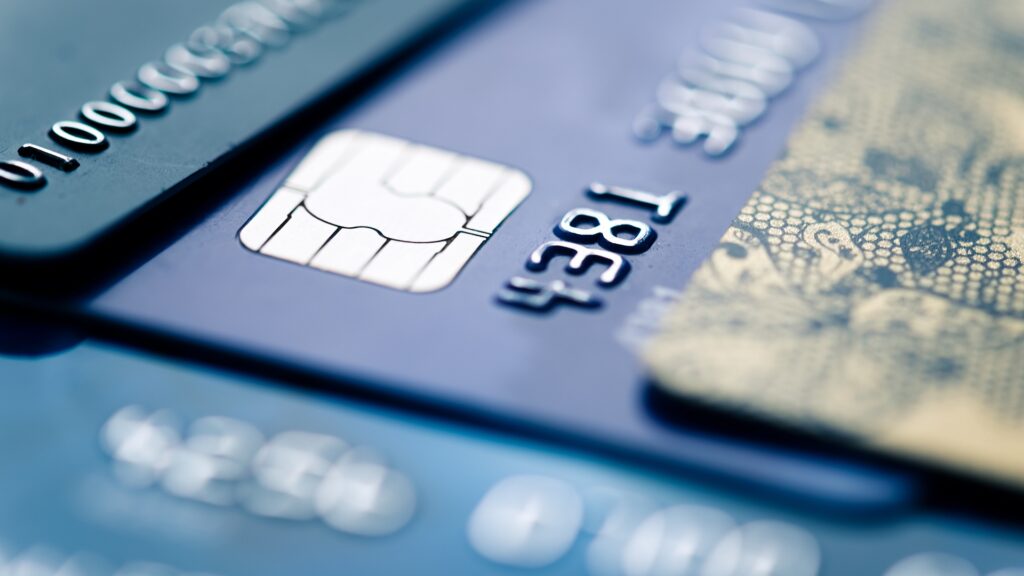
The potential for small and medium-sized businesses (SMBs) to become victims of cybercrime has skyrocketed as the speed of an attack rapidly advances.
For example, recent research shows that in almost 45% of cybersecurity cases, attackers successfully stole data in less than a day after compromise, meaning there are just hours to stop them. For SMBs, the avenues for cybercrime are diversifying at speed.
To shine a light on the various kinds of attacks SMBs need to be aware of, from fake Wi-Fi networks to cryptojacking, experts from Intelliworx, the cybersecurity consultants, have provided the definitive guide for SMBs to know in order to keep the hackers away and their whole IT environments protected.
Evil twin attacks
An evil twin attack is when hackers set up a fake Wi-Fi network in public settings that mimics a legitimate one, tricking users into connecting to it. This allows attackers to intercept sensitive data such as passwords, emails, and credit card information. According to research from Forbes Advisor, four-in-ten people using a public Wi-Fi network have had their information compromised as a result.
In spaces such as shared offices, employees should avoid connecting to unknown Wi-Fi networks, use a VPN for encrypted internet access, and ensure that their device’s Wi-Fi settings are configured to prompt them before connecting to new networks. If employees do join a public Wi-Fi network, they should avoid accessing sensitive information such as online banking or personal accounts, otherwise, they should consider using mobile data.
SQL injections
SQL injection attacks, where hackers inject malicious SQL code into input fields like search bars or login forms, are a particularly serious risk for SMBs. This is because they can bypass all data security measures, such as firewalls and encryption, and can be executed from a wide variety of platforms. In fact, they are often more convenient than conventional methods of accessing data because they require no login credentials and are publicly accessible.
Attackers can use SQL injections to bypass authentication and gain unauthorised access to a database or other parts of an organisation’s IT system. This means they can use this to steal personal information, financial or other valuable data, and they can also alter or delete data, causing significant damage to an organisation’s system. In some cases, attackers can even execute arbitrary code on the server, giving them complete control over the system.
Cryptojacking
Cryptojacking involves cybercriminals hijacking individual users’ computing power or companies’ devices to mine cryptocurrency without their knowledge. SonicWall found cryptojacking activity in last year alone exceeded the totals for all of 2018 and 2019 combined.
For SMBs, this unauthorised activity can lead to increased electricity costs, reduced device performance across the business, and even potential hardware damage. To defend against cryptojacking, SMBs should make sure they use antivirus software, keep their systems and applications up-to-date, and monitor their devices for any unusual performance issues or excessive resource usage.
Staying protected
With attackers becoming more and more creative in the ways they’re targeting people, and at a time when we have witnessed a 49% increase year-over-year in alleged victims posting on ransomware leak sites, it has never been more important for businesses of all sizes to take steps towards becoming cyber secure.
Remember, phones and computers remain prime targets for cyberattacks. To protect personal data, businesses should always ensure that all devices in the organisation have the latest security updates, encourage employees to use strong, unique passwords, and enable two-factor authentication whenever possible.
It’s also important that employees fully understand the need to be mindful of what they download or click on, while businesses should also consider using antivirus software for an added layer of protection. Regularly backing up your data to safeguard important information is also crucial in case of an attack. As hackers continue to change their tactics, SMBs too need to be aware of how they can stay vigilant against attacks.







